Professor Raphael Mechoulam, the father of cannabis research, has passed away at the age of 92.
His pioneering work in Israel directly improved the lives of millions of patients across the world who now benefit from the drug’s medicinal properties.
Throughout a long, passionate and distinguished career, he made more contributions to the field of cannabis research than anyone on the planet. He once described it as an addiction from which he did not want to be cured.
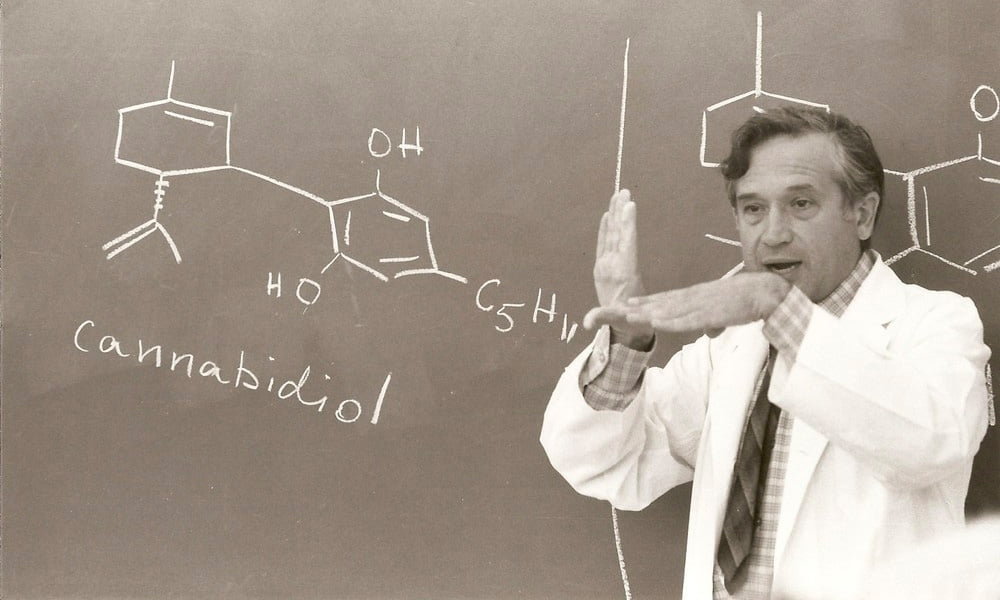
In 1963, he and his research partners were the first to reveal the structure of cannabidiol (CBD), a key ingredient in cannabis, and a year later they discovered the structure of THC (delta9-tetrahydrocannabinol), the primary psychoactive component of cannabis.
It is impossible to underestimate his contribution to medical science globally and its understanding of cannabis as an effective treatment.
His groundbreaking work helped shed light on its therapeutic potential, and has paved the way for the modern medical marijuana movement, treating epilepsy, PTSD, chronic pain, cancer and countless other conditions.
He was feted during his lifetime both as counterculture hero and as a highly respected scientist. High Times, the US magazine that advocates the legalization of cannabis, described him simply as “The Man”.
But as Mechoulam told several interviewers he was not a smoker. He was a passionate researcher.
He and his colleagues went on to discover anandamide, sometimes called the “bliss molecule,” in the 1990s. They called it ananda, the Sanskrit word for supreme joy.
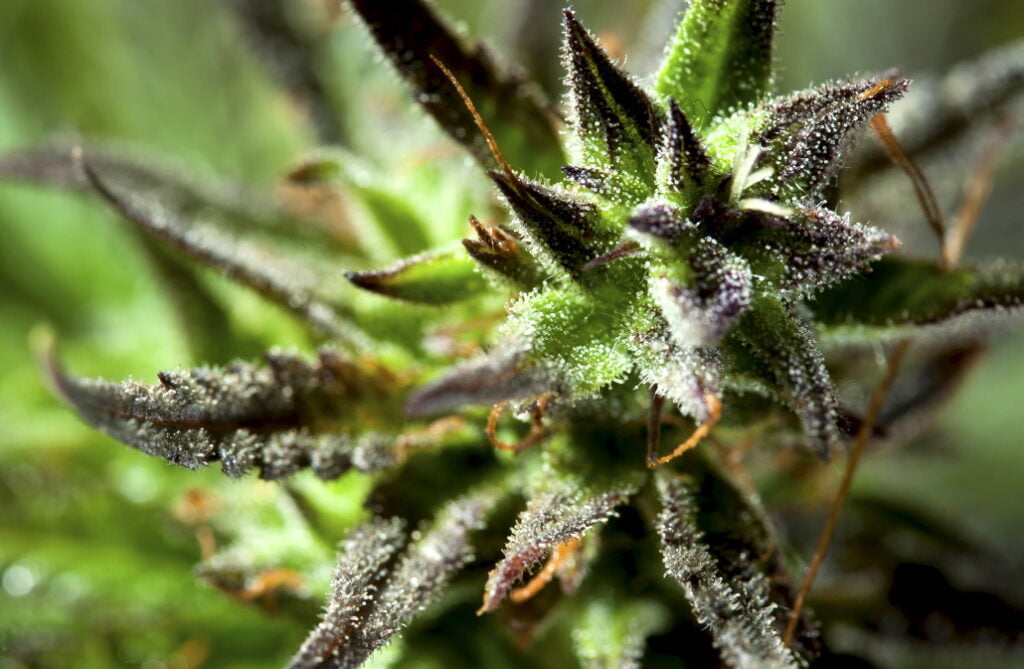
“We looked for a Hebrew name,” he told a journalist, “but as you may well be aware, Jews are not very happy. We have a lot of words for being down and so on, but not so many words for extreme joy.”
Prof. Mechoulam kept on researching long after he officially retired from the Hebrew University of Jerusalem.
As late as 2021, working with a biotechnology company in the US, he discovered a “new” cannabis molecule which could prove powerful enough to replace steroids and opioids.
He was born on November 5, 1930, in Sofia, Bulgaria, and emigrated to Israel with his family in 1949 to escape persecution. His first research was on insecticides, during his time in the Israeli army.
He earned his undergraduate degree in chemistry from the Hebrew University of Jerusalem and went on to complete his doctoral studies in organic chemistry at the Weizmann Institute of Science, in Rehovot, near Tel Aviv, Israel.
He worked on postdoctoral research at the Rockefeller Institute in New York before returning to The Hebrew University of Jerusalem, where he was later appointed Associate Professor in 1972 and Professor of Medicinal Chemistry in 1975.
He became fascinated by the effects of cannabis on the brain, but found there was no established way to obtain supplies for experiments. So he improvised.
“We got our material from the police,” he said in a CNN interview in 2014. “I just went to the police and took five kilos of hashish. And I didn’t have a car at that time. I was in the bus carrying five kilos of hashish with people saying there was kind of a strange smell. We tested that on a few volunteers including ourselves.”
He said the police kept on supplying him with “samples” for the next 40 years.
“Morphine had been isolated from opium in the early 19th century,” he said. “Cocaine had been isolated from coca leaves in the mid-19th century. And here we were, mid-20th century, and yet the chemistry of cannabis was not known. So it looked like an interesting project.”
Sign up for our free weekly newsletter
SubscribeHis discovery of THC was a major breakthrough in cannabis research, and paved the way for further exploration of the plant’s properties.
Mechoulam continued to study its effects on the brain and nervous system throughout his life, and was instrumental in identifying the endocannabinoid system, a complex network of receptors and neurotransmitters that plays a key role in regulating pain, mood, appetite, and other physiological processes. His discoveries are the foundation of medical cannabis research as we know it today.
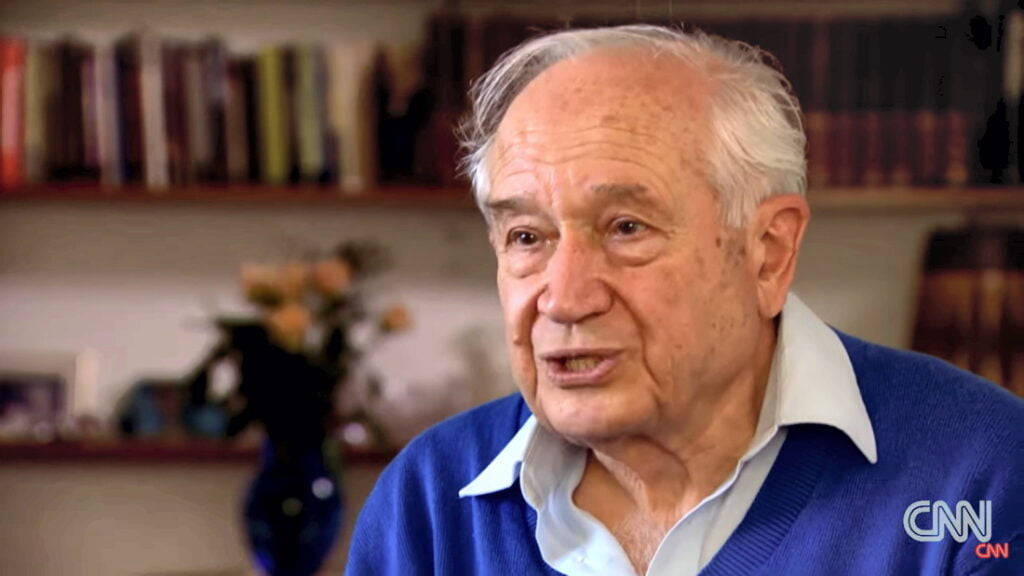
“I have spent most of my life decoding the mysteries to be found within this incredible plant,” he said. “I would like to see my colleagues forge ahead with their investigations, advancing even further the acceptance and integration of cannabinoids in traditional medicine.”
He maintained a lifelong passion not just for researching cannabis, but for prescribing it to those who would benefit.
He spoke of his frustration that an investigation carried out in 1980 by the Hebrew University and the Sao Paulo Medicine Faculty of Santa Casa, in Brazil, found encouraging signs that cannabidiol, a non-psychoactive component of cannabis, could reduce seizures in epilepsy patients. But they were ahead of their time. Cannabis was still stigmatized as a solely recreational drug.
“Who cared about our findings? No one!” he said. “Did we have to wait 30 years? We could have helped thousands of children, and we didn’t.”
Having said that, part of his legacy today is the fact that more than 123,000 patients in Israel are currently licensed to have cannabis prescribed by their doctor – that’s one in 73 of the population.
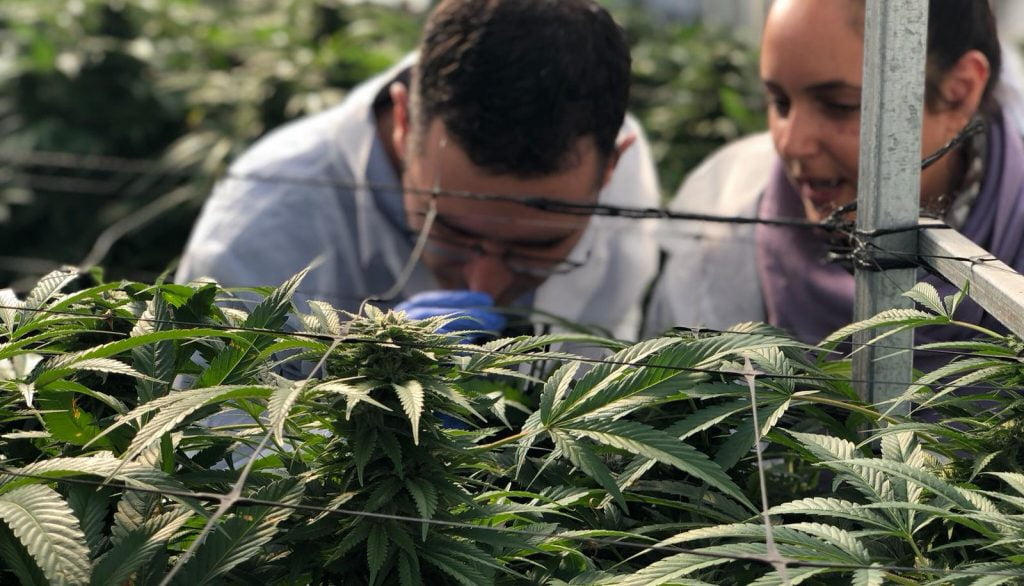
Hebrew University President Asher Cohen paid tribute to Prof. Mechoulam, saying: “Most of the human and scientific knowledge about cannabis was accumulated thanks to Prof. Mechoulam. He paved the way for groundbreaking studies and initiated scientific cooperation between researchers around the world. Mechoulam was a sharp-minded and charismatic pioneer.”
Prof. Yossi Tam studied under Prof. Mechoulam and now heads his own lab at the Hebrew University developing cannabinoid-based therapeutics. He said: “On this heartbreaking day, I bid farewell to my dear mentor, colleague, collaborator, and friend, Raphael Mechoulam.
“More than two decades ago, as a student, I was fortunate enough to meet Raphi, and little did I know how much of an impact he would have on my life.
“Throughout my career, Raphi has been my guiding light, always there for me, supporting me through every important step.
I’m absolutely sure that his groundbreaking research will continue by thousands of researchers all around the globe.”
David (Dedi) Meiri, an associate professor at Technion – Israel Institute of Technology and a colleague of Mechoulam’s said in an online tribute: “This is a very sad day for me, for the science community and for the cannabis community. Professor Raphael Mechoulam or as we called him Raphi, was one of the greatest scientists I ever met and was my teacher and mentor in many aspects. I truly believe he deserved a Nobel prize!”
Over the course of his career, Mechoulam received numerous awards and honors including the Israel Prize in Chemistry, the Rothschild Prize in Chemical Sciences and Physical Sciences, and the Heinrich Wieland Prize. He was also a member of the Israel Academy of Sciences and Humanities, the National Academy of Medicine, and the American Academy of Arts and Sciences.
In addition to his research, Mechoulam was known for his advocacy on behalf of medical marijuana. He was a vocal proponent of the therapeutic potential of cannabis, and worked tirelessly to promote its use in treating a wide range of conditions, from chronic pain and epilepsy to PTSD and cancer.
He founded The Hebrew University Multidisciplinary Center for Cannabinoid Research in 2017.
Two years ago, to mark his 90th birthday, the 31st International Cannabinoid Research Symposium was held in Jerusalem for the first time.
Prof. Mechoulam leaves behind his wife Dalia, son Roy and daughters Dafna and Hadas. His funeral was being held today, Sunday, March 12, in Jerusalem.
Related posts

Israeli Medical Technologies That Could Change The World

Harnessing Our Own Bodies For Side Effect-Free Weight Loss

Missing Protein Could Unlock Treatment For Aggressive Lung Cancer


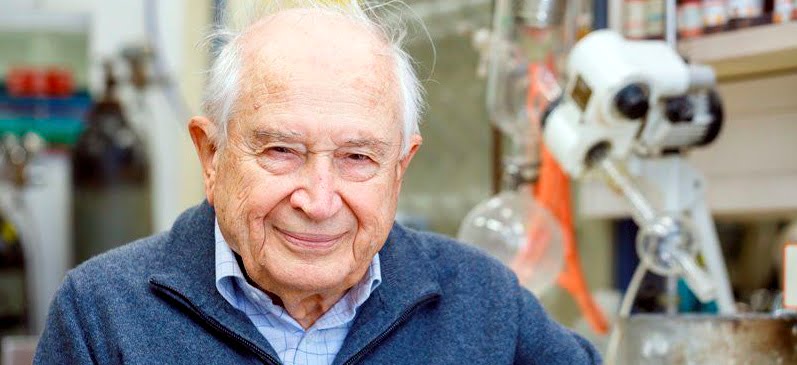

Facebook comments